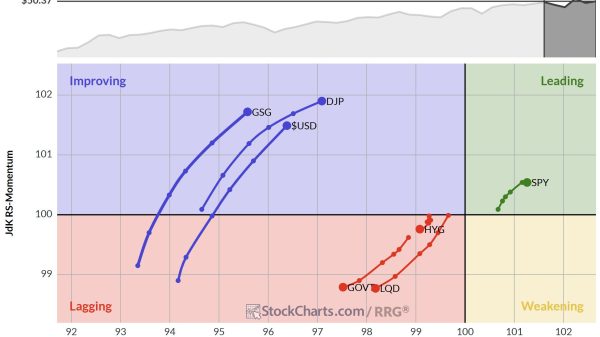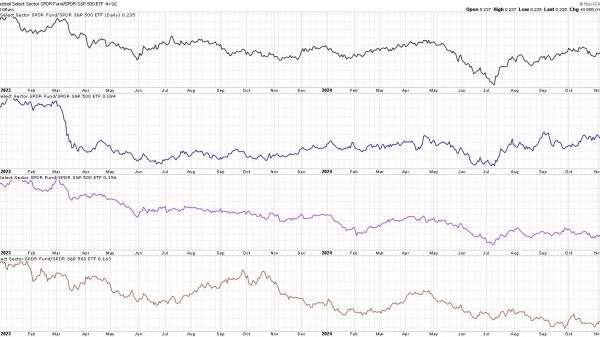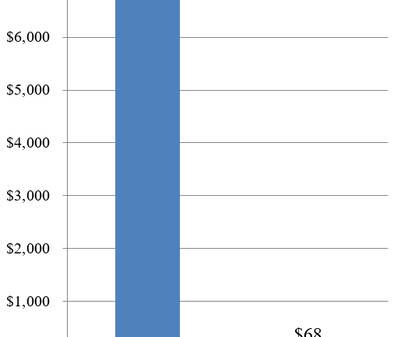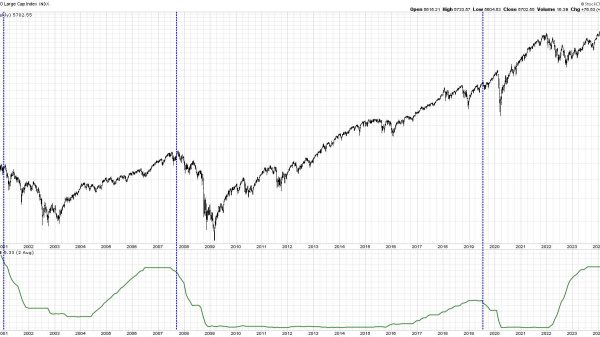Norbert Michel, Jennifer J. Schulp, and Nicholas Anthony

On Wednesday, September 25, 2024, Senator Mike Lee (R‑UT) introduced the Saving Privacy Act (SPA), a bill that contains major reforms to strengthen Americans’ financial privacy. As many experts discussed at our annual conference two weeks ago, financial privacy has been under fire for the last 50 years, largely because of the Bank Secrecy Act of 1970 (and its many amendments).
A massive federal anti-money laundering regime is now based on this outdated law, but the whole thing is poorly designed, too costly, and ineffective. It also rests on shaky legal grounds, endangering Americans’ financial privacy by weakening the protections they’re supposed to have from the Fourth Amendment. Unfortunately, the United States government has spent decades expanding this regime and encouraging other countries to adopt a similar approach.
What the US should do, instead, is lead the way by enhancing financial privacy and encouraging other countries to adopt the kinds of protections Americans had before 1970. The Saving Privacy Act is a positive step in that direction.
Much like Rep. John Rose’s (R‑TN) Bank Privacy Reform Act, Senator Lee’s bill would essentially end the practice of requiring banks to act as law enforcement agents and would prevent law enforcement agencies from accessing customers’ financial records without first obtaining a valid warrant. (Unlike Rep. Rose’s bill, Sen. Lee’s bill addresses privacy issues outside the Bank Secrecy Act. For instance, it repeals the Consolidated Audit Trail database and includes a prohibition on central bank digital currencies.)
This kind of reform restores the proper balance—as provided by the Fourth Amendment—between Americans’ privacy rights and law enforcement’s ability to gather evidence to enforce laws. It would protect individuals’ financial privacy and improve federal agencies’ abilities to prosecute criminal activity rather than sift through millions of low-value reports. This kind of reform is long overdue.
























